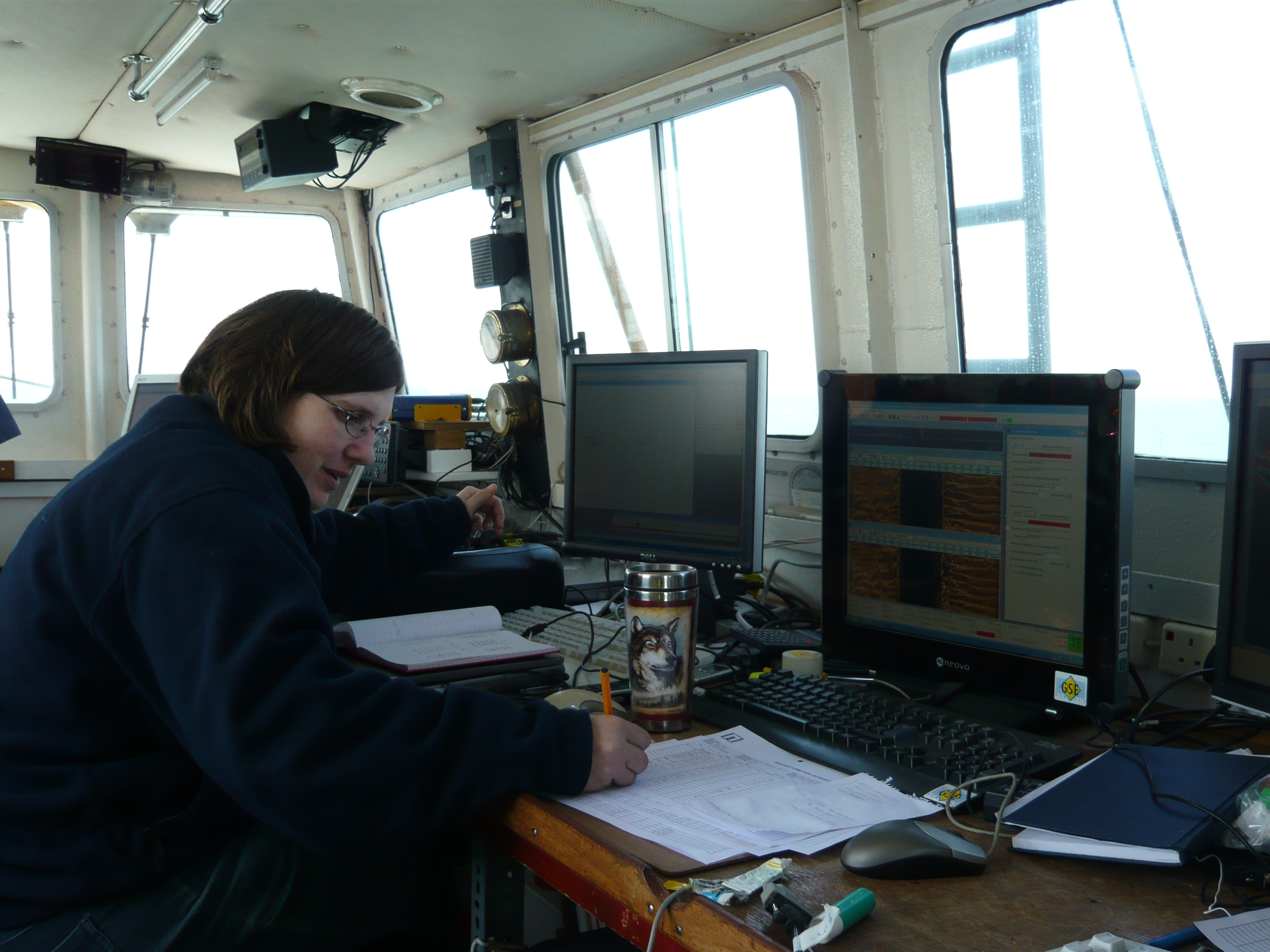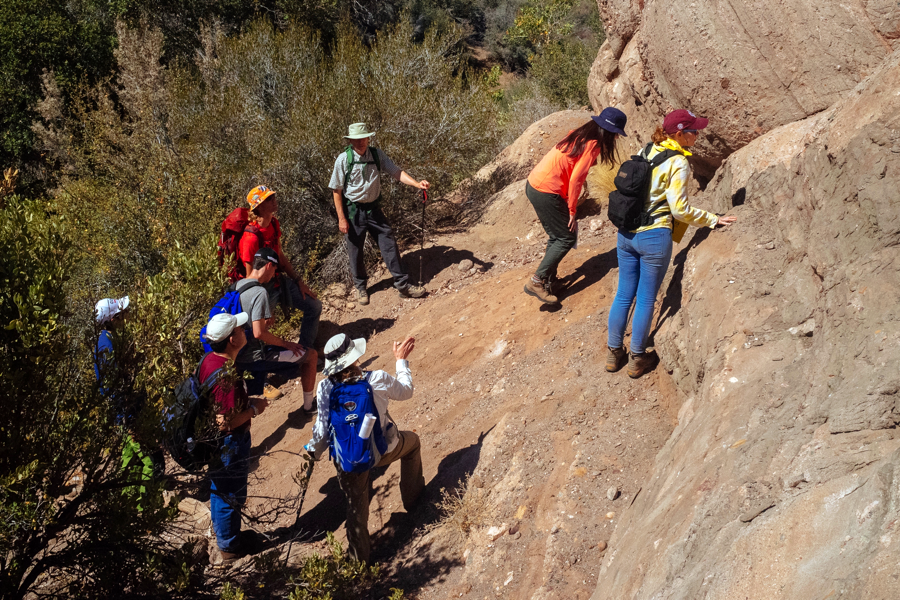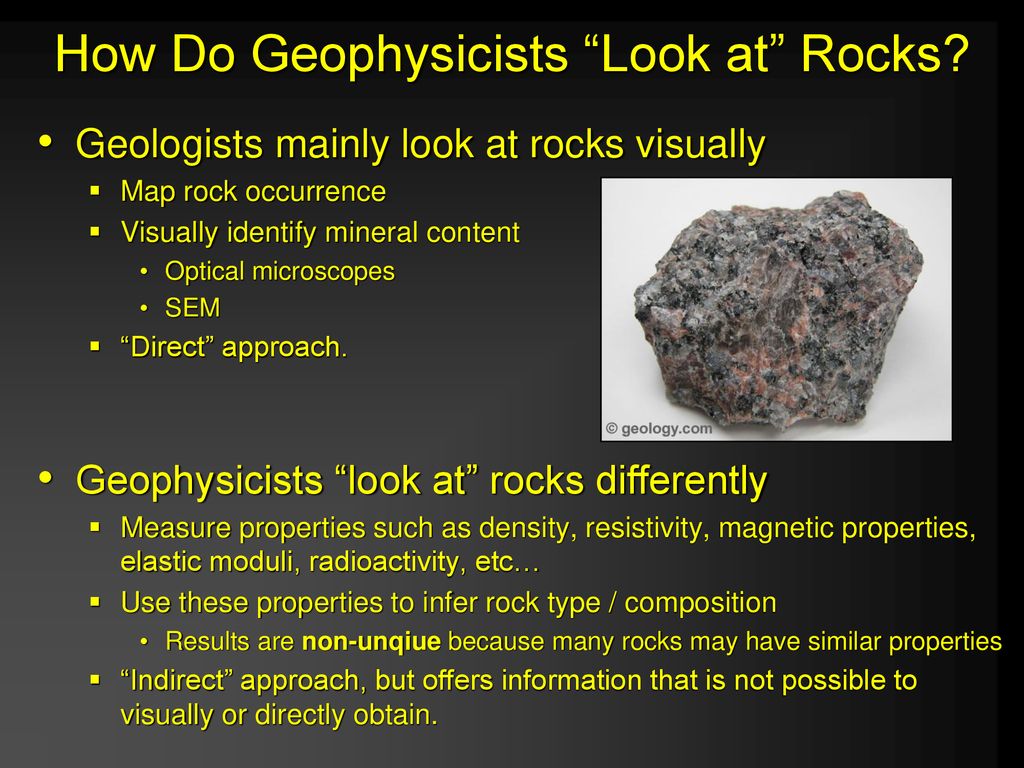All Categories
Featured
Table of Contents
Geophysics in Nollamara WA 2021
This work is significantly contracted out, so consultancies provide another source of employment. Consultancy firms vary in size, from extremely small business to big multinationals. Some consultancies are quite specialised in utilizing specific geophysical strategies or working in specific places, while others use a more diverse series of services to their clients.
The extraction of gas from land fill sites is another area of employment and this may grow in the future. Expedition business may undertake work for building and construction firms, water business, mining business and ecological companies, so geophysicists might be utilized in any of these settings. Other companies include: geological surveysgovernment bodies and agenciesuniversities and research institutes.


Vacancies might be listed in the oil and gas sector press. Recruitment is affected by oil price fluctuations and the level of competition for positions differs depending on this. Professions Days, which cover the complete series of geoscience careers and are normally gone to by a variety of essential industry companies, are run by The Geological Society.
Geophysicists in West Swan WA 2020
Some of the big oil and gas business use a complete two-year structured training program across the breadth of geophysics, including the opportunity to experience operate in numerous teams before specialising in one area. Your training may include deal with: existing wellsmagnetic and gravitational possible field information analysisresearchrock analysis. It's more usual for your preliminary training to be provided on the task.

There may be a probationary period during which you work together with a knowledgeable associate. Competency-based appraisals happen regularly in the majority of firms. In smaller companies, and for scholastic posts, there is unlikely to be any formal training - you'll be anticipated to start work straightaway and pick up skills as you go along.
If you work for a smaller sized business, you may find that you require to take duty for setting up and funding your own advancement and training. If you have a geology degree, membership of The Geological Society can be useful for networking and for maintaining to date with the market.
Marine Geophysicist in Padbury Australia 2023
You might likewise find it useful to sign up with the PESGB (The Petroleum Expedition Society of Great Britain, which has a geophysics special interest group. After a probationary period, and once you have actually acquired some experience, you could advance to senior geophysicist, then group leader and after that into a senior function in management.
The ease of motion between roles depends on the company structure. Research study at Masters or Ph, D level in a subject related to geophysics or geosciences may help with your career development and progression. The employment market within the oil and gas industry is really dependent on rate and this may affect your opportunities for career development.
For experienced geophysicists, freelance consultancy uses an excellent path for profession advancement. As a geophysicist, you're most likely to have numerous jobs throughout your working life.
Geophysical Survey Services in Hazelmere Western Australia 2020
From geophysics, it's possible to concentrate on seismology (finishing more training to end up being a seismic interpreter) or to move into associated areas such as engineering geology or hazard prediction.
Choosing what to study in college is a difficult choice. Even if you know that your field of interest lies in science, what program of research study is best for you? If you make the decision to major in physical and life sciences and pursue a profession as a geophysicist, you're preparing for an interesting and lucrative profession.
The first step to achieving your objective of becoming a geophysicist is making a degree. Even for entry-level positions in the field of geoscience, you'll require a bachelor's degree (a geophysicist college degree) from a certified college or university. Geophysicists need to be able to: evaluate rocks, photos, and other pieces of information conduct research both in the field and in labs create maps and charts of their findings compose reports To achieve all this, trainees require a specialized education for geophysicist careers.
As specified above, you'll require a bachelor's degree in geoscience or an associated discipline, such as a physical science or a natural science, to land an entry-level task. Students can likewise prepare by majoring in topics like: Biology Chemistry Computer system science Engineering Mathematics Physics The above geophysicist majors use a more generalized method to a single clinical discipline, but most programs require students to take one or more geology course.
Latest Posts
Geophysical Surveys - U.s. Geological Survey in Wandi Western Australia 2023
Geophysics in Mount Claremont Aus 2020
Geophysical Survey in Casaurina Aus 2020